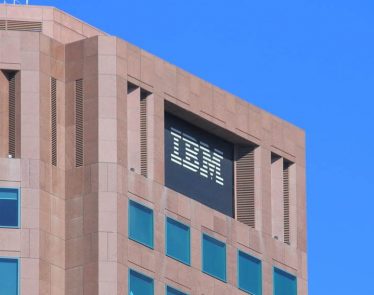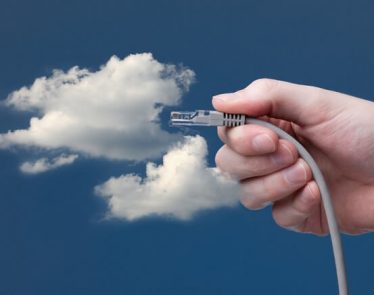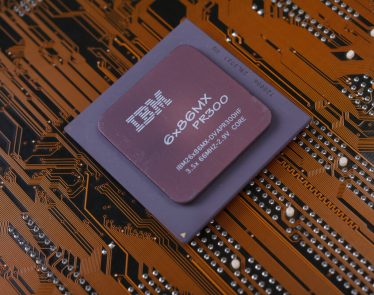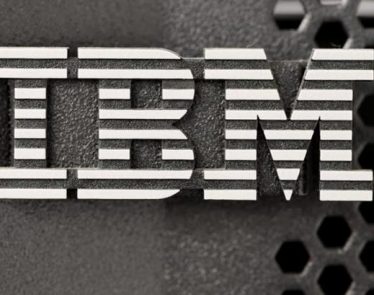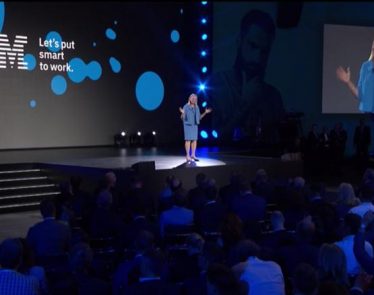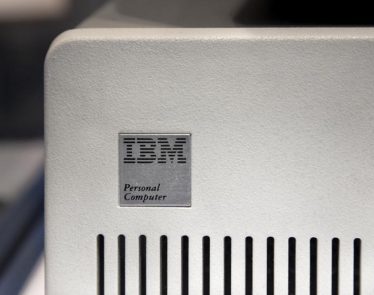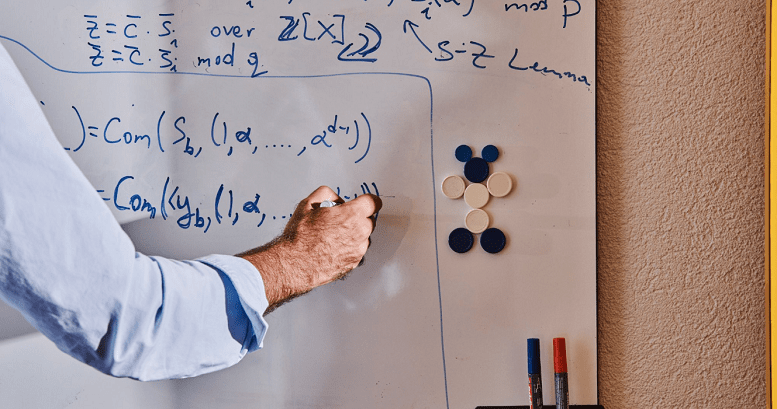
IBM (NYSE:IBM) researchers have unveiled what the planet’s next great innovations are with its annual ‘5 in 5’ list. Effectively, the list details the five innovations that will change our lives in the next five years.
IBM’s 5 in 5: Farming Digital Doubles
The world’s population is almost 8 billion people. As such, feeding so many mouths is one of our biggest concerns for the future. But Farming Digital Doubles aims to help farmers produce more food using fewer resources.
In a process called Digital Twin, AI can digitize all aspects of agriculture from the quality of soil to the skills of the tractor driver. Using this data, future crop yields can be accurately predicted. This information gives banks and financial institutions the data points they need to provide credit to help farmers expand.
IBM’s 5 in 5: Blockchain will Reduce Food Waste
This one’s simple: using blockchain will eliminate many of the costly unknowns in the food supply chain. It will streamline the process, meaning every participant in the supply chain will know exactly how much to plant, order, and ship. The result will see food loss diminishing greatly.
IBM’s 5 in 5: Microbes will Protect Us from Bad Bacteria
Number 3 on the list focuses on food safety. Within five years, we will have the ability to use millions of microbes to protect what we eat.
Microbes are regularly introduced into foods at farms, factories, and grocery stores, but new technology means we can now analyze their genetic makeup cost-effectively. This means we can use microbes to tell us about the safety of what we are eating.
>> Jeff Bezos Accuses The National Enquirer of Blackmail and Extortion
IBM’s 5 in 5: AI Sensors will Detect Foodborne Pathogens at Home
Soon we will be able to detect dangerous bacteria in our foods by using AI sensors either on a phone or on a countertop. IBM researchers are developing these sensors, which are powerful enough to detect foodborne pathogens anywhere and everywhere. Essentially, the sensors will allow individuals to detect the existence of harmful E. Coli or Salmonella before it becomes a serious matter.
IBM’s 5 in 5: VolCat will Change Plastics Recycling
VolCat is a new chemical process that has the ability to turn the most common plastic used in food packaging and clothing (called PET) into a renewable resource.
The innovation improves sustainability as, currently, more than 272 million metric tons of plastic are produced each year around the globe. Precisely one-quarter of that is made up of PET plastics.
Using VolCat technology, everything from milk cartons to grocery bags will be fully recyclable allowing polyester manufacturing companies to turn the refuse into something useful.
So there you have IBM’s 5 in 5. Do you think there are other innovations that could make the list? Let us know below!
Featured Image: Twitter





